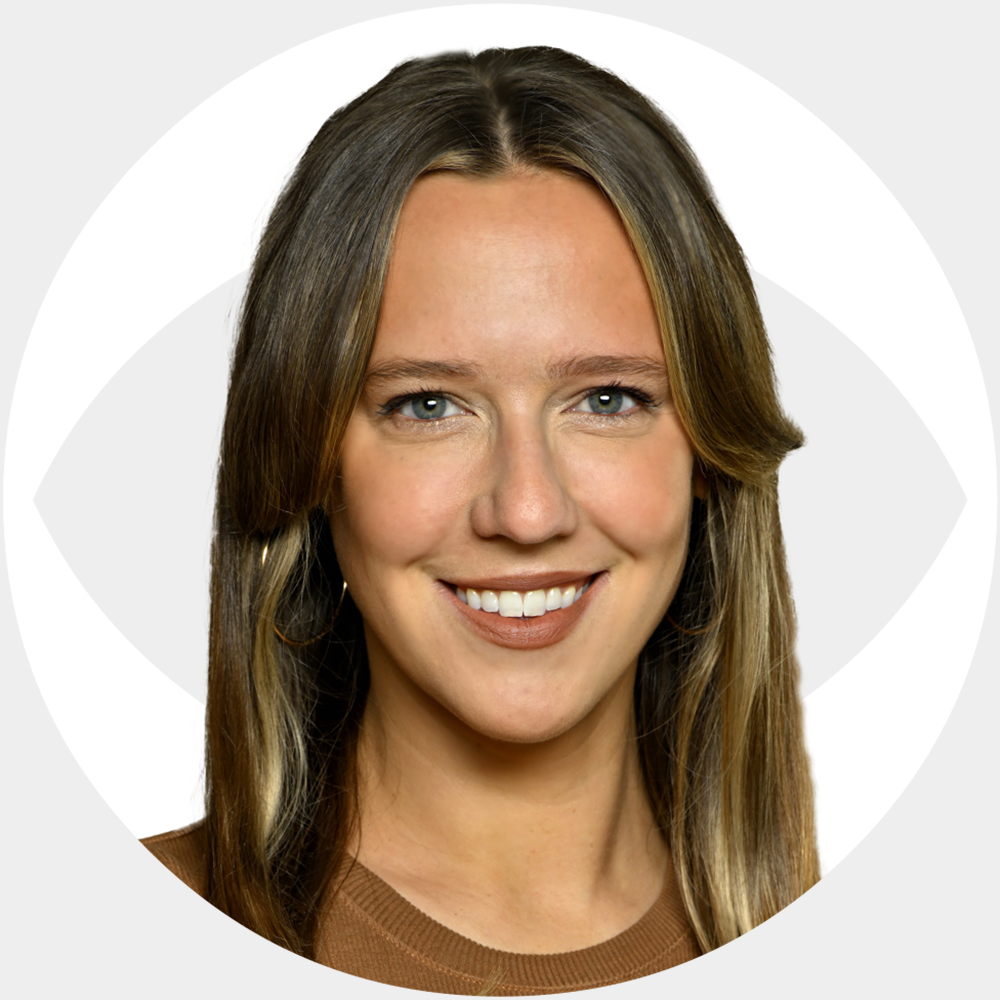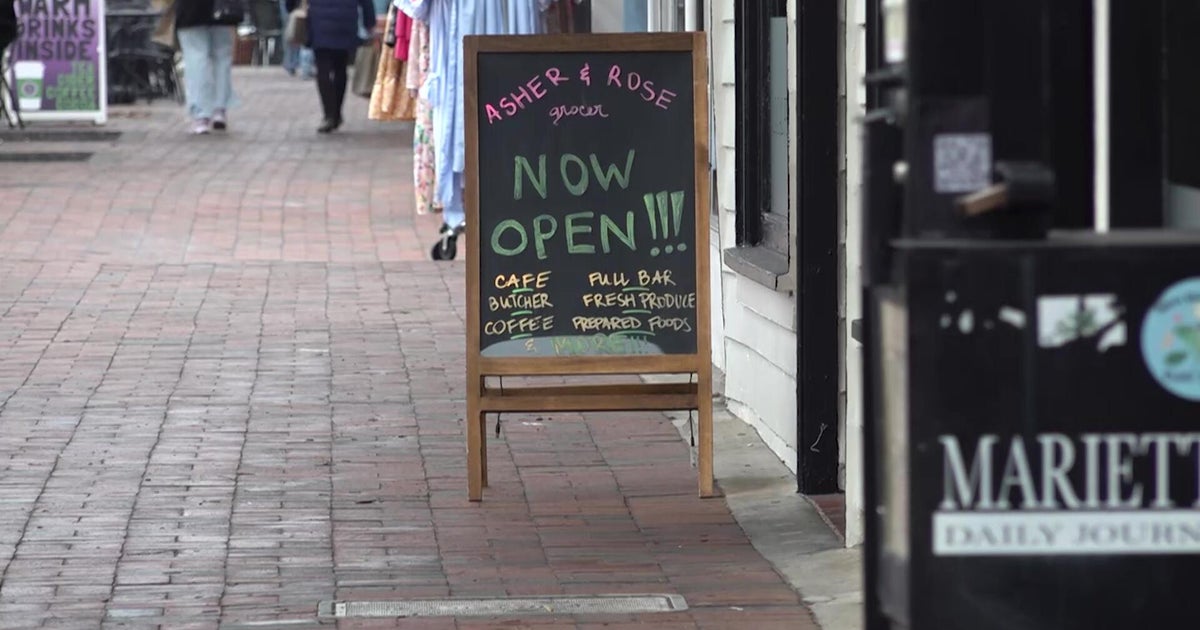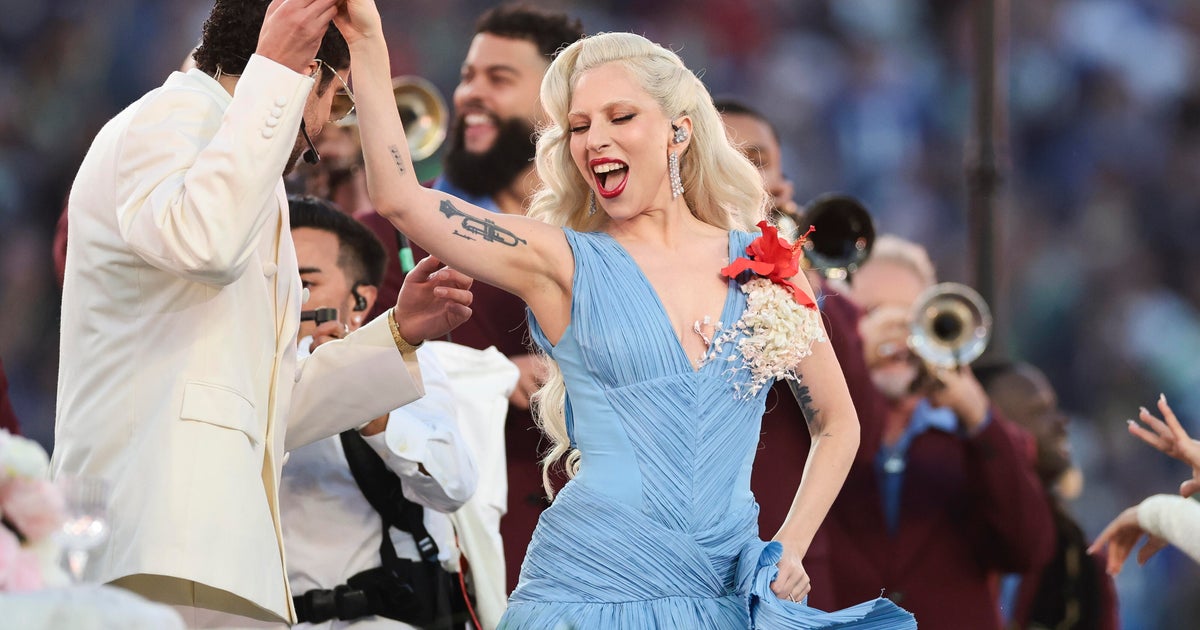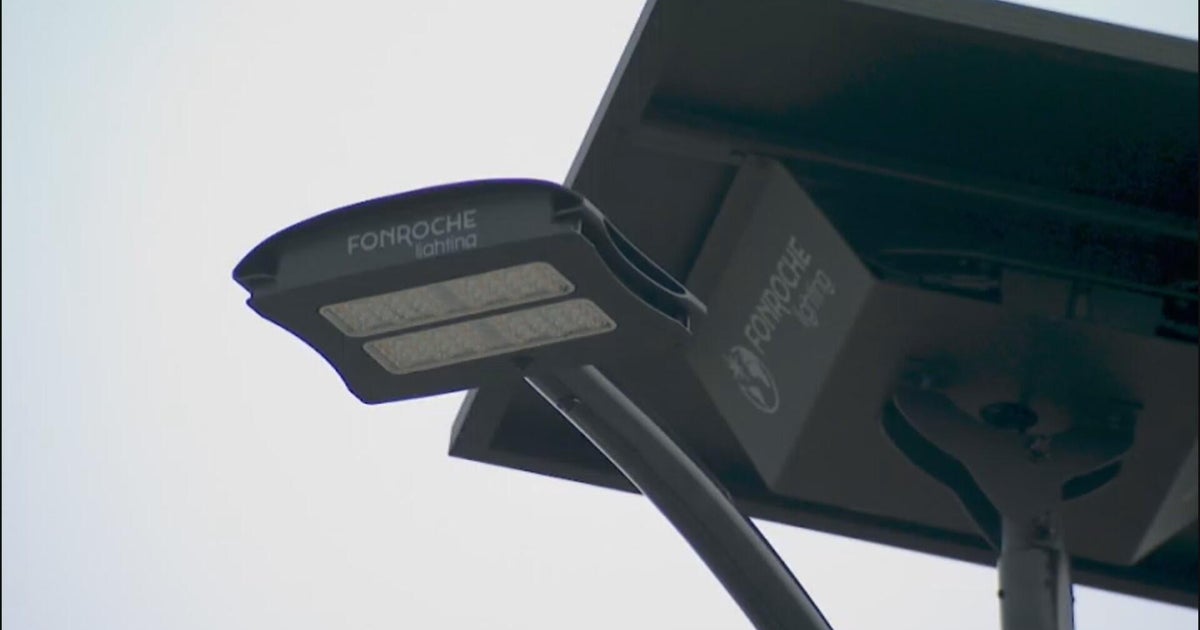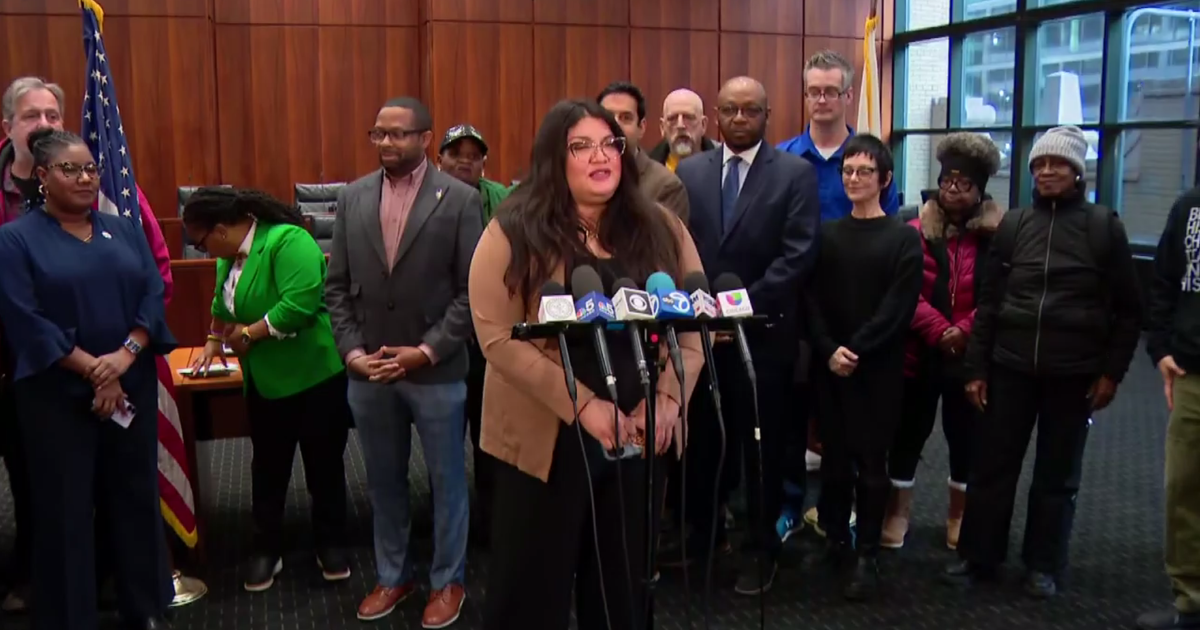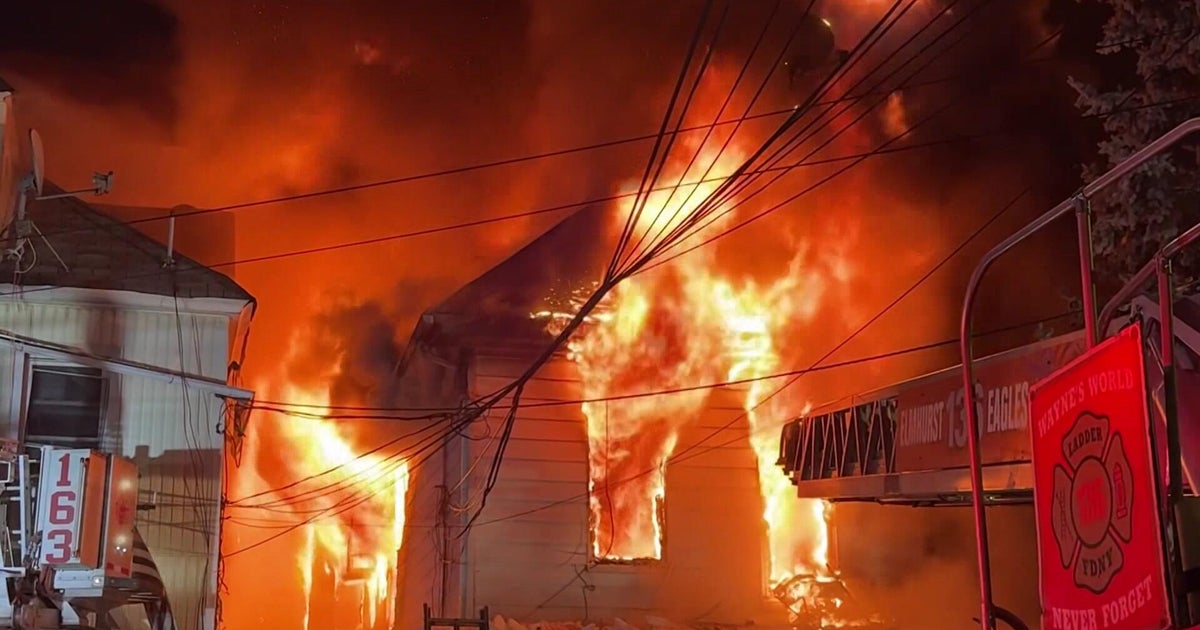Queens communities committed to closing "grocery gap"
NEW YORK - For Lashawn "Suga Ray" Marston, Queensbridge Houses will always be home.
"People are friendly, and we look out for each other here in Queensbridge," he said.
But growing up, he says, nutritious food was hard to come by.
"We got, I think, six delis," he said. "Why do have six delis in the neighborhood, in one neighborhood, and none of it has healthy stuff?"
Health Department data show a shortage of nutritious food options in neighborhoods across Queens. The higher the ratio of bodegas to supermarkets, the city says, the harder it is for locals to access healthy food.
The need is concentrated in Jackson Heights, Corona, and Jamaica. Here, the nonprofit Public Health Solutions found only one supermarket for every six corner stores and five fast-food restaurants.
But the familiar terms "food desert" and "food swamp" misrepresent these environments as organically formed, says Craig Willingham, managing director of the CUNY Urban Food Policy Institute.
"I think 'grocery gap' provides a more accurate description of what's actually going on," he said.
He says it's a problem of planning.
"Only when there is a strong effort to make it easier for people to purchase healthier food, make it as easy as it is to purchase fast food and ultra-processed food, that we start to see transformations," he said.
"Jackson Heights and Elmhurst have one of the highest rates of childhood obesity in the city," New York City Council Member Shekar Krishnan said.
He calls healthy food access a crisis in his district, disproportionately affecting low-income New Yorkers.
"What this shows is that we need far more investment from every level of government in our communities," he said.
Communities are seeking their own solutions. Elizabeth O'Connor helped transform an empty lot near her Woodside home into the Moore Jackson Community Garden, which provides produce for the neighborhood.
"We have collard greens, rainbow Swiss chard, cucumbers," she said. "We grow together."
Marston says shining a light on food inequity can have profound effects.
"It boosts the morale," he said. "So any issue that we have in our neighborhood, whether you talk about the crimes, you talk about the violence, you talk about the litter, I guarantee, if people ate better, people would feel better, and then, people would end up doing better."
You can email Elle with Queens story ideas by CLICKING HERE.
